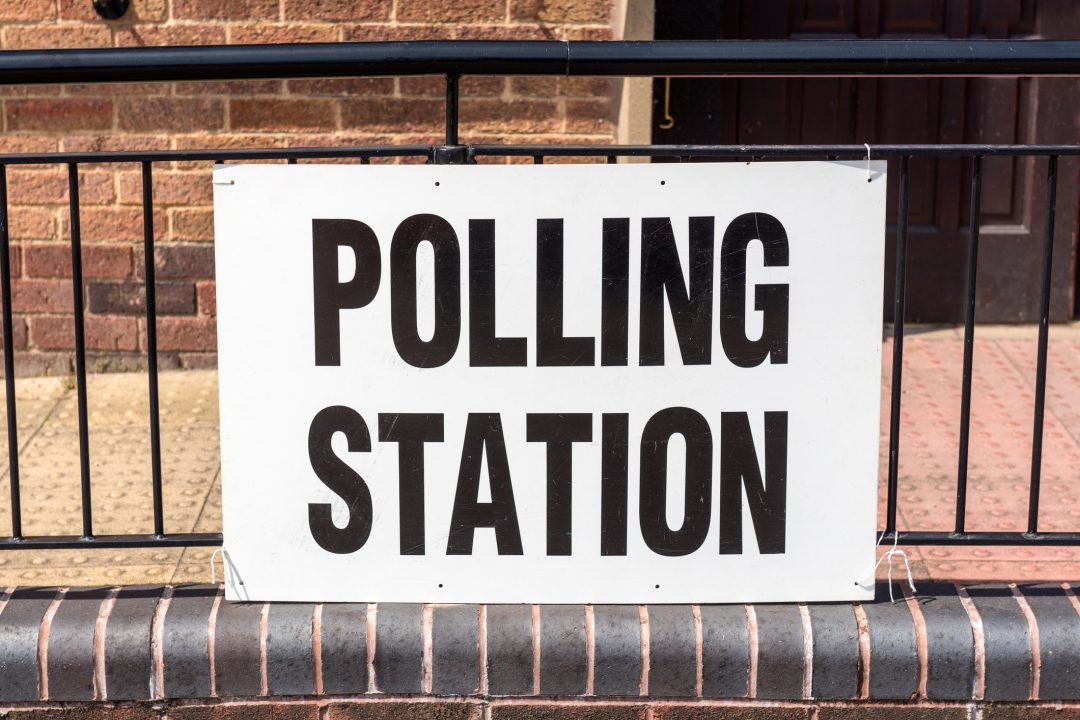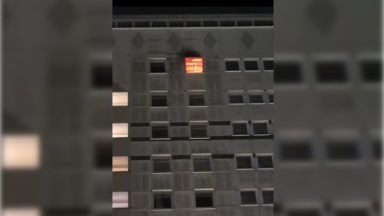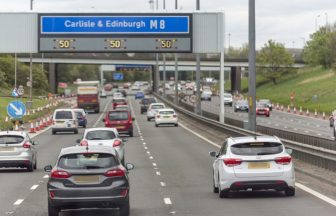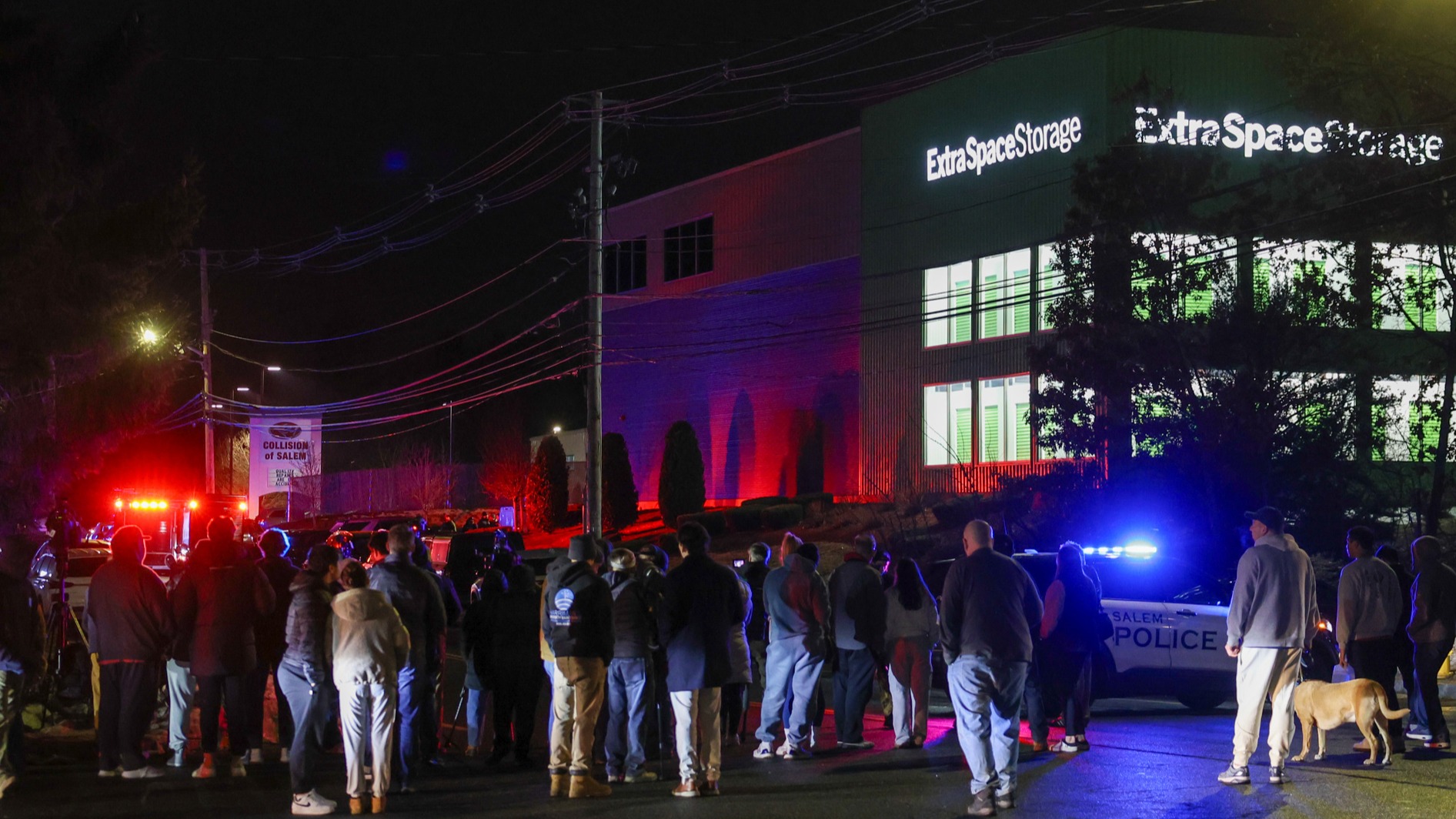Too many voters had their ballots in the Scottish local authority elections spoiled due to lack of understanding about the voting system, new research has shown.
A report by the Electoral Commission has revealed that rejected ballots in the May election increased in some council wards, with Glasgow Canal having the highest rejection rate at 5.64%.
Data indicates that 1.85% of all ballots were rejected at the count.
The elections, which took place on May 5, used the Single Transferable Vote (STV) system which requires voters to rank candidates in order of preference.
However, the Electoral Commission has revealed that voters failing to number candidates in order correctly was the reason for the majority of rejected ballots, with 64% being rejected because there was more than one first preference expressed.
Many wrongly marked an ‘X’ against more than one candidate.
While research shows that the rate of spoiled ballots declined across Scotland since the 2017 council elections, from 1.96% to 1.85%, there was a notable increase across some council wards.
The commission previously carried out research which revealed that areas with the highest levels of rejected ballots were more likely to have high levels of deprivation and unemployment, however these are also the areas most likely to have more than one candidate standing for a party.
The research also revealed that some candidates experienced intimidation and abuse with the Electoral Commission vowing to work with Police Scotland to address the reports.
Around one in ten candidates, 11%, said they experienced a serious problem with threats, intimidation or abuse with over one in five, 44%, saying they experienced some kind of problem.
The commission reported that experiences of abuse differed for candidates identifying as male or female with less than half, 48%, of female candidates saying they experienced no issues – this figure was 64% for male candidates.
Of those who reported abuse, 84% said it came from members of the public with 53% coming from online sources.
The commission said: “Some candidates reported experiences of intimidation and abuse at these elections, which is not acceptable. We will work with the UK’s governments, Police Scotland and the wider electoral community to make sure we understand what is driving candidate abuse and intimidation, and to ensure this issue is addressed as a matter of urgency.”
Overall turnout in the local elections was 44.8%, a slight decrease on the 2017 elections which had a turnout of 46.9%.
Of those who did not vote, 21% said it was due to a lack of time, 11% said they had medical or health related reasons and 12% told the commission they were not interested in politics.
The recruitment of polling staff was also raised as a concern along with the resilience of administration teams.
However, a majority of 97% of voters said they were satisfied with the voting process.
Sue Bruce, electoral commissioner for Scotland said: “Voter confidence in elections remains high, thanks to the dedicated work of election teams across Scotland. However, further action is needed to ensure everyone understands how to complete their ballot paper so their vote can count.
“We will be taking forward urgent targeted work with the electoral community to trial new approaches to tackling voter information at council elections.”
Follow STV News on WhatsApp
Scan the QR code on your mobile device for all the latest news from around the country


 iStock
iStock























